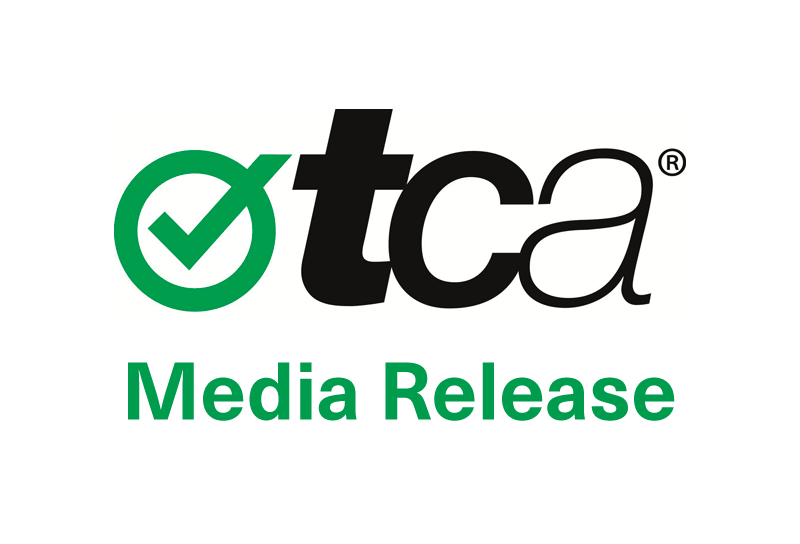TCA to host C-ITS international task group in Melbourne during March 2014

Transport Certification Australia (TCA) today announced it will host international representatives working on behalf of the European Commission and United States Department of Transportation1 – as part of its active participation in an EU-US Harmonisation Task Group (HTG) on the international deployment of Cooperative Intelligent Transportation Systems (C-ITS) – in Melbourne during March 2014.
“TCA is delighted to be hosting our fellow HTG delegates, focusing on the objective of working with stakeholders across regions to develop candidate approaches to harmonise policy, architectures, and standards for C-ITS security, which will support secure and fully interoperable Vehicle-to-Vehicle (V2V) and Vehicle-to-Infrastructure (V2I) applications,” said TCA Chief Executive Officer, Chris Koniditsiotis.
“The importance of the HTG is even more significant following the announcement of accelerated deployment of V2V and C-ITS technologies in the United States.”
“I’m pleased to advise that TCA was welcomed as a member of this HTG, and to host this delegation, due to its operational and implementation experience in administering the National Telematics Framework, combined with its knowledge of international standards development and its ability to manage the intersection between policy, technical, commercial and operational issues.”
“The HTG acknowledged TCA’s lead role in the development of ISO 15638, which is now internationally recognised and referenced.”
“The HTG’s important work is being conducted to improve interoperability of C-ITS across operational boundaries and to reduce development and deployment costs by enabling multi-regional adoption of common hardware and software for C-ITS, and leveraging international expertise to cooperatively and efficiently develop C-ITS technolgies. It will support accessibility to international markets, while increasing innovation and accelerating the deployment of C-ITS.”
“Australia will benefit from harmonised C-ITS policies and standards by avoiding the need for localised solutions which can lead to reduced development and investment – inevitable when leveraging international work – and a faster time to market can ultimately lead to greater productivity and improved road safety outcomes.”
“The major safety and efficiency gains promised by C-ITS can only be realised if the international community moves beyond research pilots, trials and evaluations of new technologies. The harmonisation of C-ITS policies and standards provides an important foundation to enable the wider introduction of C-ITS applications to benefit safety, mobility and environmental sustainability,” Mr Koniditsiotis said.
1. The United States Department of Transportation Intelligent Transportation System (ITS) Joint Program Office and the European Commission Directorate General for Communication Networks, Content and Technology have been working together on mutual ITS challenges and opportunities related to connected vehicles as they are known in the United States, or Cooperative ITS (c-ITS), as it is known in the European Union (EU).